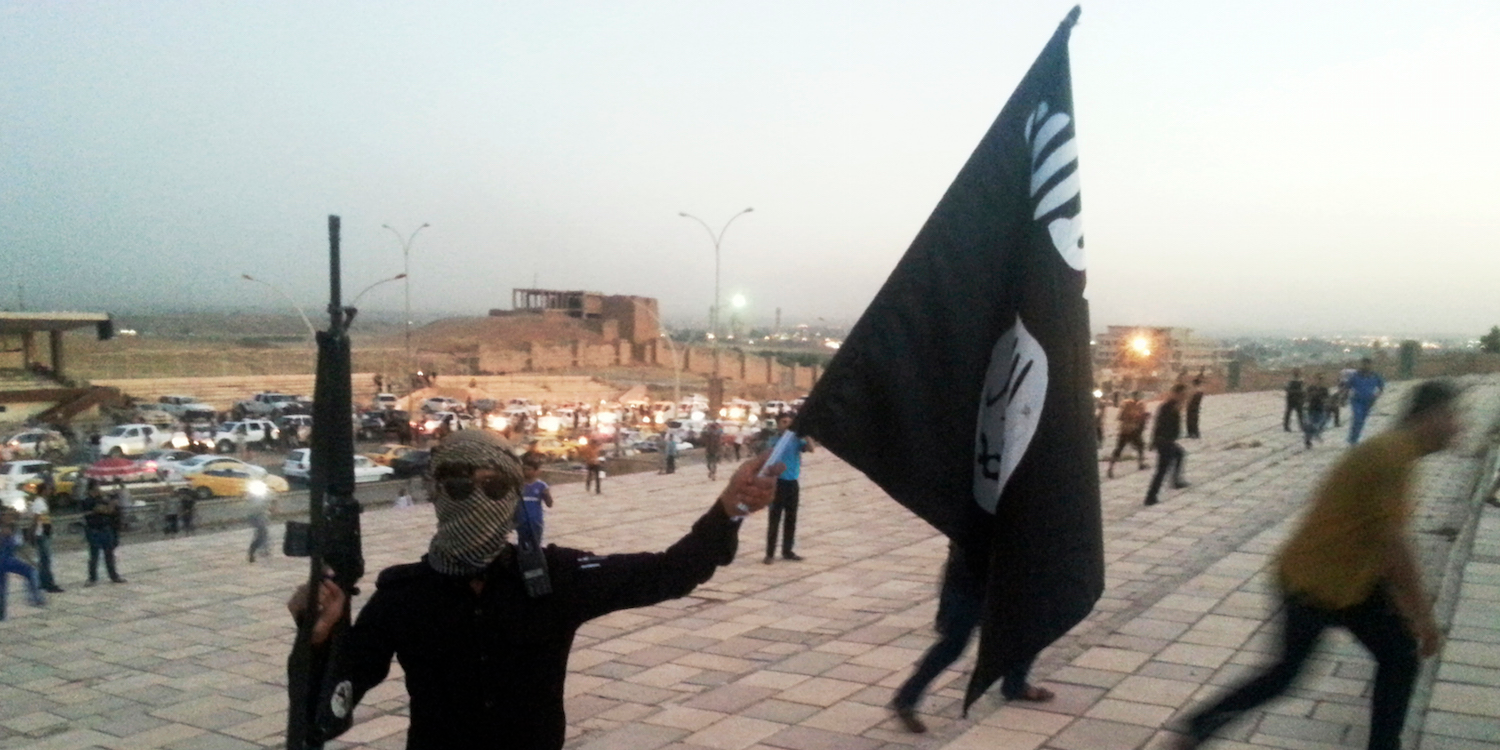- ISIS fighters in Iraq attacked a security checkpoint at Allas oil field this week, formerly a major source of income for the group, killing two members of the Iraqi security forces and injuring three more.
- The group has also reported attacks in Raqqa, Syria, the former capital of its caliphate, potentially trying to destabilize the security there and eliminate political alternatives to the group.
- The attacks come in the midst of a chaotic Turkish invasion into northeastern Syria, during which a US official confirmed that more than 100 ISIS fighters had escaped, and the US has no idea where they are.
- Visit Business Insider’s home page for more stories.
An ISIS attack on an Iraqi oil field checkpoint that killed at least two members of the Iraqi security forces sends a clear message: ISIS sees itself making a comeback, and it wants the world to know.
Earlier this week, ISIS attacked security forces at a check point near Allas oilfield, in Iraq’s Salahuddin province – a site that was one of the terror group’s main sources of income during the territorial caliphate.
“The important thing to note here is that ISIS attacked a checkpoint near the oil field,” said Brandon Wallace, a counterterrorism researcher at the Institute for the Study of War, who said it’s an indication that ISIS is going after symbolic or economically vital targets likely to be guarded by security forces.
The group is also trying to disrupt the social fabric in Iraq by going after village leaders, Wallace told Insider.
"If you take out the right guy in a village in one area, that can have much longer-lasting impact on the stability of the community," he said, creating an environment in which ISIS is actually a viable alternative.
The group seeks to do the same across the porous border in Syria.
Over the past month, ISIS has made or attempted attacks in Raqqa, the former capital of its caliphate. Raqqa was liberated by the SDF and coalition forces in 2017, but ISIS could be attempting to destabilize the area, according to The International Crisis Group.
"The group is thought to have more sophisticated clandestine networks in al-Raqqa and al-Hasaka provinces, where it perpetrates relatively complex and ambitious attacks," according to a report titled, "Averting an ISIS Resurgence in Iraq and Syria." Alleged attacks in Raqqa city, the report says, indicate that Raqqa's security situation is declining, which could be further precipitated by the Turkish incursion.
"The ISIS attacks in Raqqa, you could think of them destabilizing the security forces in that area because ISIS is intending to destabilize Raqqa," Wallace told Insider. "A stable Raqqa is a political alternative to ISIS" - something the group seeks to eliminate. Vehement protests against regime troops, now making their way into the area around Deir Ezzor and other former SDF-held areas, could also open up potential for ISIS recruitment, according to Jason Zhou, the Hertog War Studies Fellow at the Institute for the Study of War.
But while ISIS attacks may be growing in sophistication, "the operational environment has changed," Wallace told Insider. Less sectarian fighting in Iraq and a stronger security environment there - not to mention the visceral memories of people living under the caliphate - would make it harder for the group to resurge.
But continued chaos in Syria - demonstrated by Syria envoy James Jeffrey's admission on Wednesday that more than 100 ISIS prisoners had escaped since the Turkish incursion and that the US has no idea where they are - will inevitably affect Iraq, too.
One thing is for certain, Wallace told Insider.
"ISIS absolutely intends to rule terrain again."

